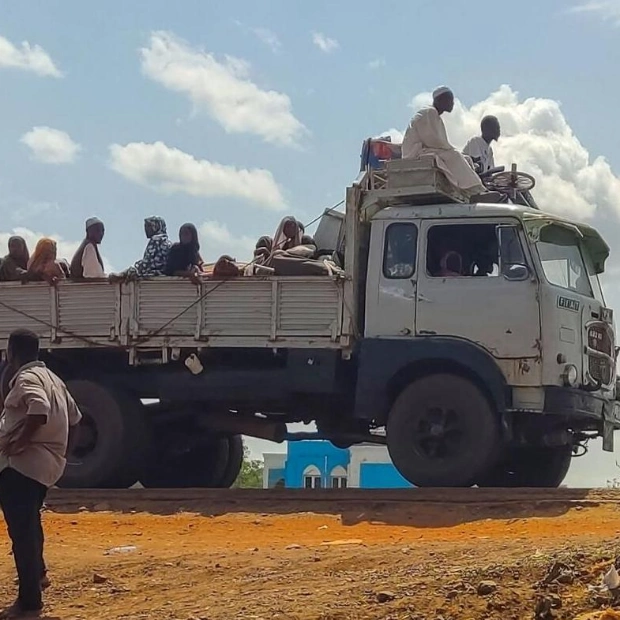The United States and Canada have agreed in principle to update a 60-year-old treaty concerning flood control and power generation on the Columbia River. Preparations for drafting the amendments are set to commence in the upcoming weeks, as announced on Thursday.
US President Joe Biden highlighted the necessity for this update, stating, "After 60 years, the treaty requires modernization to align with our evolving climate and the diverse needs of the communities reliant on this essential waterway," referring to the treaty that has been operational since 1964. The proposed amendments intend to amplify the voices of US Tribes and Canadian Indigenous Nations and to rebalance the energy collaboration between the two nations, according to Biden.
Canadian Prime Minister Justin Trudeau, in a different statement, emphasized that the updated treaty would mitigate flood risks for communities, support indigenous initiatives, and foster clean energy objectives. The Columbia River, one of the largest in North America by volume, originates in the Canadian Rockies and traverses 2,000 km through British Columbia, Washington, and Oregon before reaching the Pacific Ocean.
Under the existing treaty, four dams were constructed in the Pacific Northwest: three in southeastern British Columbia and one in Montana. The US financed the construction of these dams, which serve for hydroelectric power generation. The treaty grants Canada half of the hydroelectric capacity at US power plants on the Columbia River that is directly attributable to the British Columbia-based dams. Canada typically monetizes this power by reselling it to US utilities.






